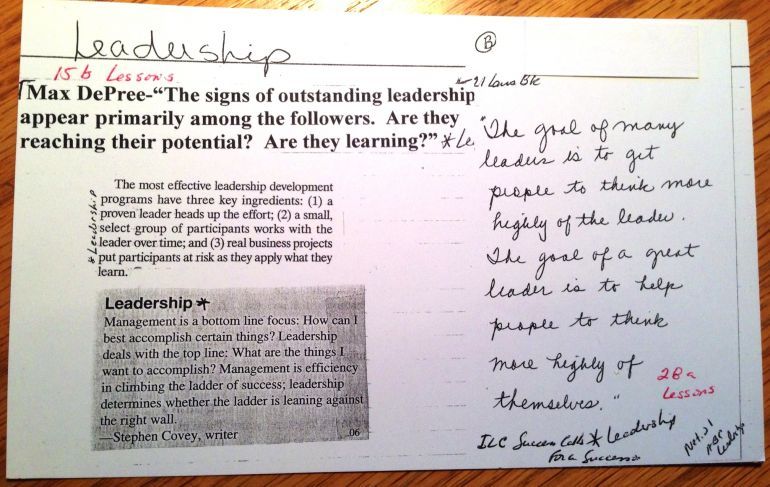‘ spoken of through the prophet Daniel—let the reader understand—then let those who are in Judea flee to the mountains.”
The reasons for uncertainty are easy to list. What is an abomination? What abomination does Jesus have in mind? One that belongs to his generation, or one from the last days? What is the connection between the prophecies of Daniel and Jesus? Who is “the reader,” and what should he or she understand? In what sense should readers “flee to the mountains”? Should they obey literally or metaphorically?
As always, the first step is to read the text in literary, cultural, historical, and canonical contexts. Then we analyze the structure of the passage and do the necessary lexical and grammatical work. We begin with the key phrase, “abomination of desolation.”
The term “abomination” (Hebrew toevah and siqqus) appears more than 100 times in the Old Testament and just a few times in the New Testament. An abomination is normally a great sin, commonly worthy of death. Readers immersed in current debates about sexual ethics may first think an abomination is a sexual sin. Indeed, Scripture calls sexual sins like adultery, homosexuality, and bestiality abominations (e.g., Leviticus 18:22, 29-30). But more often throughout the Bible “abomination” refers to major covenant violations, especially idolatry (in Deuteronomy alone, see 7:25, 13:6-16, 17:2-5, 18:9-12, 27:15, 32:16). In the historical books, “abomination” always describes idolatry, often with child sacrifice (1 Kings 11:7, 2 Kings 23:13). Abomination also refers to idolatry in the prophets, including Daniel 9 and 11. (Daniel uses siqqus, a term that always appears in connection with idolatry.)
The interpretation of Daniel 9-11 is difficult and disputed, but it does have some fixed points, and the nature of the abomination that causes desolation is one of them. Daniel 9:26-27 refers to a prince who will destroy the city (Jerusalem) along with its temple and sacrifices, “and on the wings of abominations shall come one who makes desolate.” Two chapters later there is another reference to an “abomination” in connection to the temple: “forces from him shall appear and profane the temple and fortress, and shall take away the regular burnt offering. And they shall set up the abomination that makes desolate” (11:31).
Scholars generally agree that the first reference of these prophecies is the Seleucid king Antiochus Epiphanes IV, who ruled Palestine from 175-64 B.C. Antiochus treated Israel with such violence and contempt that they rebelled against him. When he came to suppress the rebellion, his forces entered the temple, stopped the regular sacrifices, set up an idol of or altar for Zeus, and apparently offered swine there as a sacrifice. This is an abomination because it is idolatry, and it brings desolation because it defiles the holy place at the heart of Israel. This act was the abomination “of” desolation, the abomination “causing” desolation. Continue reading

